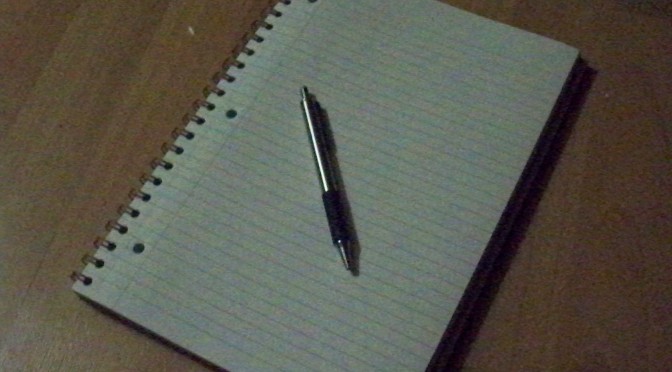One of the lessons that has hit me upside the head over the last couple of years, is how consistency is not just a good idea, or nice to have, or even fairly important.
No, it is KEY.
Just about everything in life works better if you do a little bit frequently, rather than infrequent binges. If you want to learn something, spending 30 minutes on it daily will be more effective than two hours once a week. If you want to clean or unclutter your house, a daily process of getting it a little more clean and uncluttered today than it was yesterday is more effective, and build the necessary habits to keep it clean. The same thing applies to exercise, to meditation, and to writing.
Writing consistently, as in every single day no matter what, has changed what, how, and how much I write significantly over the last months. I’ve been writing quite a bit for about five years now. For the first several I wrote between two and four times a week, and between 300 and 1000 words per session. That isn’t a great deal of productivity, but it isn’t bad, and a great deal more than the zero words per week that I was doing most weeks before that.
But in the last few months, I decided I wasn’t happy with that volume of writing, and I started writing every day. And I mean every day, no matter what. I deliberately set the bar low, at a minimum of half a page in a day (about 150 – 200 words, which takes me about 10 minutes), so that even when I was tired or cranky or just not feeling it, I didn’t have an excuse to skip doing that tiny little bit of writing.
This tiny little bit of writing every day (and many days I did more than that minimum) set up a habit of consistency. It made writing every day something that I don’t have to think about now, something I don’t have to spend any energy or decision power on, and no time or brainspace is needed to justify not doing it. The decision is already made, today I will be writing.
Now from this habit of consistency, I’m working on a greater volume and speed of writing, and I’m getting more done more quickly that I would have thought possible a few months ago.
I was one of those people who had read, over and over again, the advice of writing teachers to write every day. And I nodded and smiled and then didn’t do what they said. But finally taking that advice has made a huge difference. And I’ve gotten similar benefits when I started meditating every single day. And doing yoga every single day.
Over and over again, I’ve seen that the first thing that must happen is consistency. And after that, you can worry about quantity and quality, and things will really take off.
But consistency must come first.


